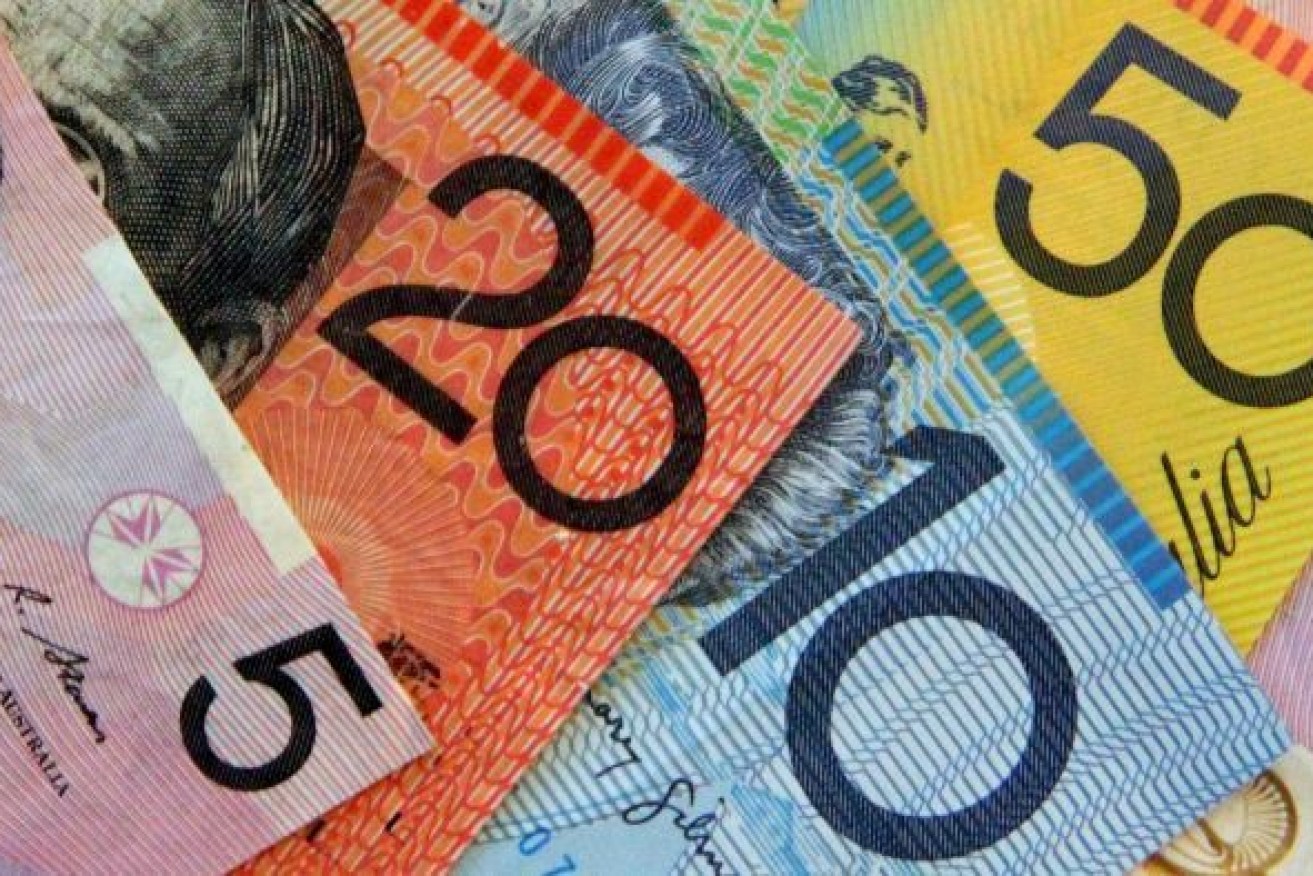Global outlook ‘significantly’ darker: IMF

The IMF fears high inflation and the Ukraine war could push the global economy into recession. Photo: Getty
The global economy could be pushed to the brink of recession if risks from high inflation and the Ukraine war are left unchecked, the International Monetary Fund has warned as it cuts global growth forecasts.
Global real GDP growth will slow to 3.2 per cent in 2022 from a forecast of 3.6 per cent issued in April, the IMF said in an update of its World Economic Outlook.
It added that world GDP contracted in the second quarter due to downturns in China and Russia.
The fund cut its 2023 growth forecast to 2.9 per cent from the April estimate of 3.6 per cent, citing the impact of tighter monetary policy.
World growth had rebounded in 2021 to 6.1 per cent after the COVID-19 pandemic crushed global output in 2020 with a 3.1 per cent contraction.
“The outlook has darkened significantly since April,” IMF Chief Economist Pierre-Olivier Gourinchas told a news conference.
“The world may soon be teetering on the edge of a global recession, only two years after the last one.
“The world’s three largest economies – the United States, China and the euro area – are stalling, with important consequences for the global outlook.”
The fund said its latest forecasts were “extraordinarily uncertain” and subject to downside risks from Russia’s war in Ukraine pushing energy and food prices higher.
This would exacerbate inflation and embed longer-term inflationary expectations that would prompt further monetary policy tightening.
Under a “plausible” alternative scenario that includes a complete cut-off of Russian gas supplies to Europe by year-end and a further 30 per cent drop in Russian oil exports, the IMF said global growth would slow to 2.6 per cent in 2022 and two per cent in 2023, with growth virtually zero in Europe and the United States next year.
Global growth has fallen below two per cent only five times since 1970, Gourinchas said – with recessions in 1973, 1981, 1982, 2009 and the 2020 COVID-19 pandemic.
The IMF said it now expects the 2022 inflation rate in advanced economies to reach 6.6 per cent, up from 5.7 per cent in the April forecasts, adding it would remain elevated for longer than previously anticipated.
Inflation in emerging market and developing countries is now expected to reach 9.5 per cent in 2022, up from 8.7 per cent in April.
“Inflation at current levels represents a clear risk for current and future macroeconomic stability and bringing it back to central bank targets should be the top priority for policymakers,” Gourinchas said.
Unprecedented synchronised global monetary policy tightening by central banks will “bite” next year, slowing growth and pressuring emerging market countries, but delaying this process “will only exacerbate the hardship” he said.
Central banks “should stay the course until inflation is tamed”, he added.
The Fund deeply cut China’s 2022 GDP growth forecast to 3.3 per cent from 4.4 per cent in April, citing COVID-19 outbreaks and widespread lockdowns in major cities that have curtailed production and worsened global supply-chain disruptions.
The IMF also said the worsening crisis in China’s property sector was dragging down sales and investment in real estate.
It said additional fiscal support from Beijing could improve the growth outlook, but a sustained slowdown in China driven by larger-scale virus outbreaks and lockdowns would have strong spillovers.
The IMF cut its eurozone growth outlook for 2022 to 2.6 per cent from 2.8 per cent in April, reflecting inflationary spillovers from the war in Ukraine.
Russia’s economy is expected to contract by six per cent in 2022 due to tightening Western financial and energy sanctions – a “fairly severe recession”, Gourinchas said.
But that is an improvement over the April forecast of an 8.5 per cent contraction, due to Moscow’s measures to stabilise its financial sector, which is helping to support the domestic economy.
The IMF estimates that Ukraine’s economy will shrink by some 45 per cent due to the war, but the prediction comes with extreme uncertainty.
– AAP








